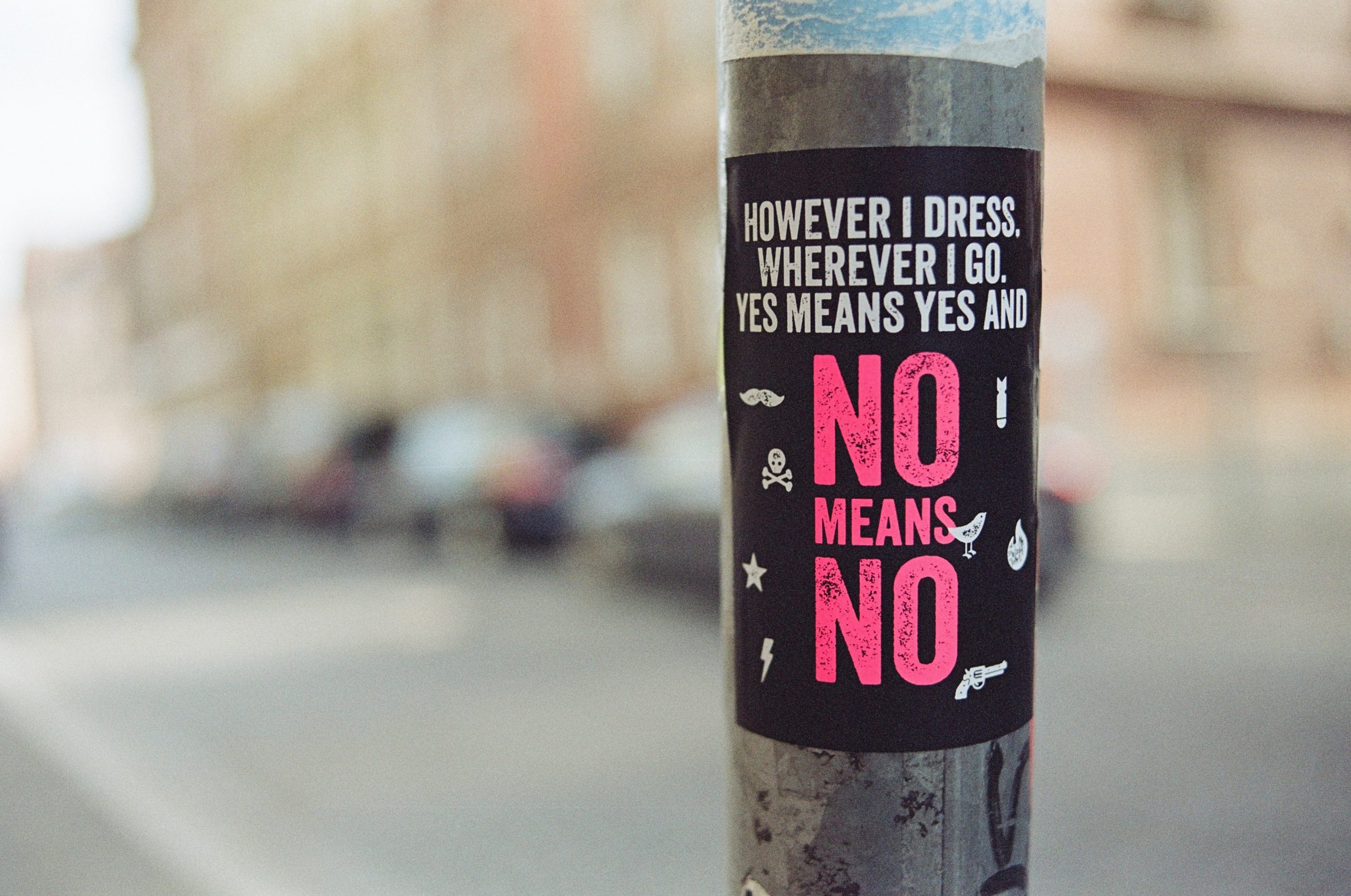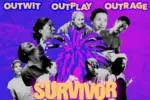TW: Rape, Sexual Harassment
“I could not find the strength to say out loud the words that were ringing in my head over and over again as she tried to tell me what she had endured … ‘Me too.’”
In 2006, a Bronx-based activist named Tarana Burke shared this anecdote on MySpace, christening a movement that she had been involved in for years. Over the next decade, she worked to help girls and women in her community to heal from sexual trauma. And then, with the addition of a hashtag, the Me Too movement went national. In October 2017, #MeToo seemed to be all anyone in the entertainment industry could talk about. From vague tweets to tell-all exposés, it seemed like every woman in Hollywood was coming out of the woodwork to denounce its deeply entrenched rape culture.
At the time, it seemed like a revelation. Who could believe that star-studded celebrity had such a seedy underbelly? Numerous powerful men, including Kevin Spacey and Matt Lauer, lost their positions and roles. Some, like Bill Cosby and Harvey Weinstein, even faced criminal charges. For a while, it seemed like Hollywood was improving. Female CEOs replaced disgraced predecessors. Industry unions strengthened their penalties against sexual harassment and assault. But most assailants skirted repercussions. Men like Louis C.K. have maintained their careers, wealth and ability to perpetuate rape culture through their work. More chillingly, Hollywood’s quick fixes didn’t reach the root of the problem. Deeper investigations exposed that many of these allegations had been open secrets long before #MeToo.
Six years after the movement, sexual abuse is still prevalent in the entertainment industry. The accused face consequences at first. Maybe they get dropped from a movie. They release a cryptic statement about taking time to reflect, and their social media accounts go black. In some situations, like the possibly cannibalistic case of Armie Hammer, the accusations are too grisly to overcome. Most of the time, however, disgraced men emerge triumphant from their publicist-imposed exile. In just the last year, Johnny Depp, Ezra Miller and Shia LaBeouf staged career comebacks after disturbing allegations of violence. Despite its director admitting to being guilty of sexual assault, David O’Russell’s 2022 film “Amsterdam“ featured well-respected stars from Christian Bale to Taylor Swift. When “Beef” actor David Choe’s rapey social media content surfaced in April, the show’s producers stood behind him. For more recently exposed offenders, like Nicholas Braun and Jonathan Majors, we’ll have to wait and see how things play out.
An overview of every alleged bad actor in the film industry (no pun intended) could go on forever. With all these accusations coming out, one starts to wonder about the impact of #MeToo. Is every prominent man in danger of being “canceled” by frenzied feminists on a whim? As you can (hopefully) tell from the satirical tone, this isn’t the case at all. Accusations and legal convictions are complex. Everyone is entitled to a fair trial, and no one should lose their freedom over unverified recriminations. However, everyone isn’t entitled to be an influential and wealthy public figure. Sometimes, the court of public opinion is the only way to rebuke a celebrity who has the social capital to avoid legal repercussions. So no, #MeToo didn’t start a witch hunt. However, the movement did change the way the public finds out about the news of celebrity sexual misconduct.
The older #MeToo cases all had one thing in common: everyone in the industry knew, but no one said anything. Now, the problem is that people are saying too much. Last year, TikTok fan pages turned the televised defamation suit between Johnny Depp and Amber Heard into a joke. Viral videos with millions of likes memeified Heard as she testified to the physical and emotional abuse she suffered. When attorneys read Depp’s violent threats aloud as evidence of Heard’s trauma, people gushed over how attractive and masculine the star was. Legal analysts assert that this online backlash directly contributed to Heard losing the suit, even though a UK judge ruled that Depp abused her. Gossip outlets like NoJumper and Hollywood Unlocked made a similar farce out of Tory Lanez’s 2022 trial for aggravated assault with a firearm against Megan Thee Stallion. These sleazy outlets depend on clicks and comments for money, so every update cast doubt on Megan’s credibility to stir up drama.
Although #MeToo wasn’t that long ago, so much has already changed regarding how people engage with polemic news online. On Twitter, the locus of #MeToo, 70% of users report using the site for real-time news coverage, up from 59% in 2015. News outlets have responded in kind, posting articles from their social channels. Algorithms push controversial stories because they generate higher engagement and ad revenue. In the era of instant social media updates, news reports and dubiously unreliable DeuxMoi blind items, high-profile sexual misconduct cases become fodder for online debate. But at a certain point, things start to run together. Allegations against this singer or that actor are humdrum Twitter fare. We don’t know these people, so it’s easy to lose sight of their humanity. Like so many other serious but hyper-visible issues, social media turns sexual abuse into entertainment.
Rape culture depends on silence. Sexual abusers prey on vulnerable people. Many of the men who faced #MeToo backlash targeted young talents who were looking to get started in the industry. After the attacks, they were muzzled under threat of firing, blacklisting, or legal action. However, there were always individuals high up enough on the totem pole to avoid victimization. They looked the other way to line their own pockets. In the present day, rape culture also depends on another factor: digital apathy. The virality of #MeToo made high-profile sexual abuse a trending topic. It’s easy to get mad about it. But due to the sheer ubiquity of online news, it’s harder to stay mad — and harder to enact change.
In 2023, the rich and powerful aren’t the only ones complicit in Hollywood rape culture. News media sites and their users keep violent misogyny afloat by treating it as a fungible commodity, ready to be clicked on for maximum entertainment value. In some way, we become the nebulous Man in the Chair at the top of the Hollywood hierarchy. We don’t care about the real lives at stake because they don’t affect us. Most critically, we forget that we aren’t actually sitting in the ivory tower. These celebrity cases reflect our society’s patriarchal values. But because the Tweets are so funny or the TikTok edits are so good, we never stop to ask ourselves: If rich celebrities can suffer like this, doesn’t that mean that we plebs are at risk of even worse? Although Tarana Burke has continued her activism, in the larger cultural landscape, #MeToo is no longer a concerted movement. It’s an amalgam of brave women whose voices are warped by mass media, short attention spans and instant gratification. This trend threatens a regressive future for victims of sexual assault. But we’re the little guys — we can’t change the world. All we can do is laugh.

















